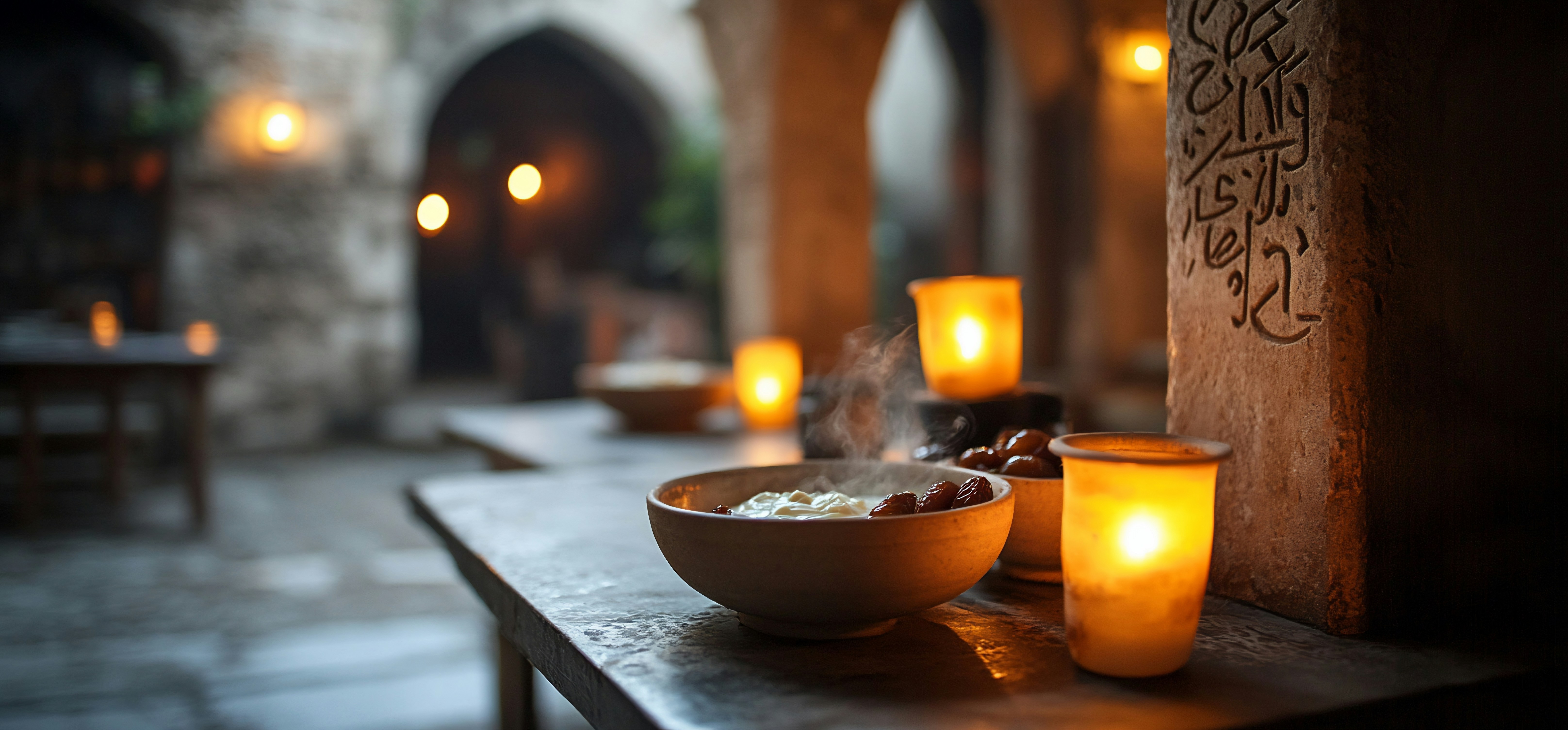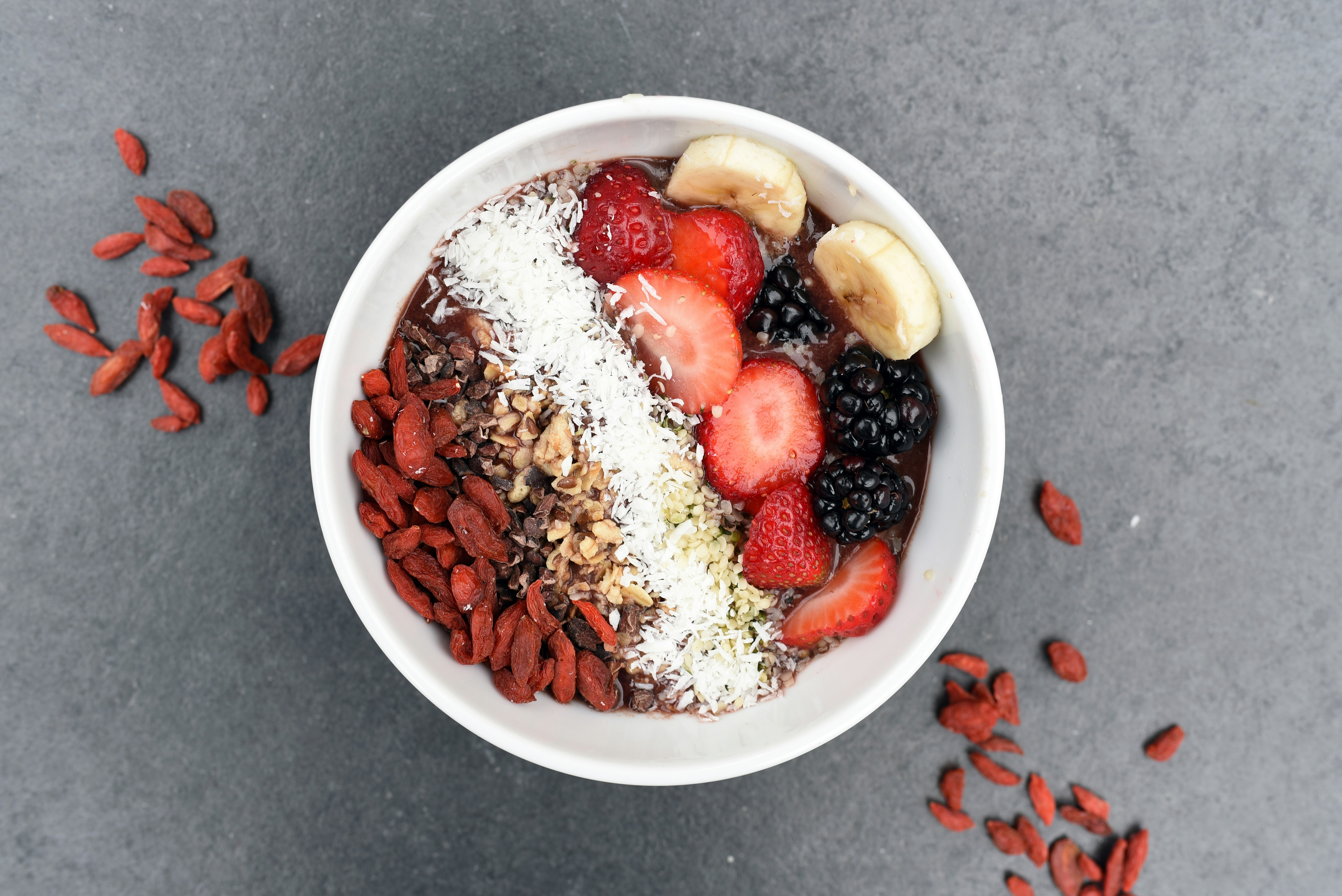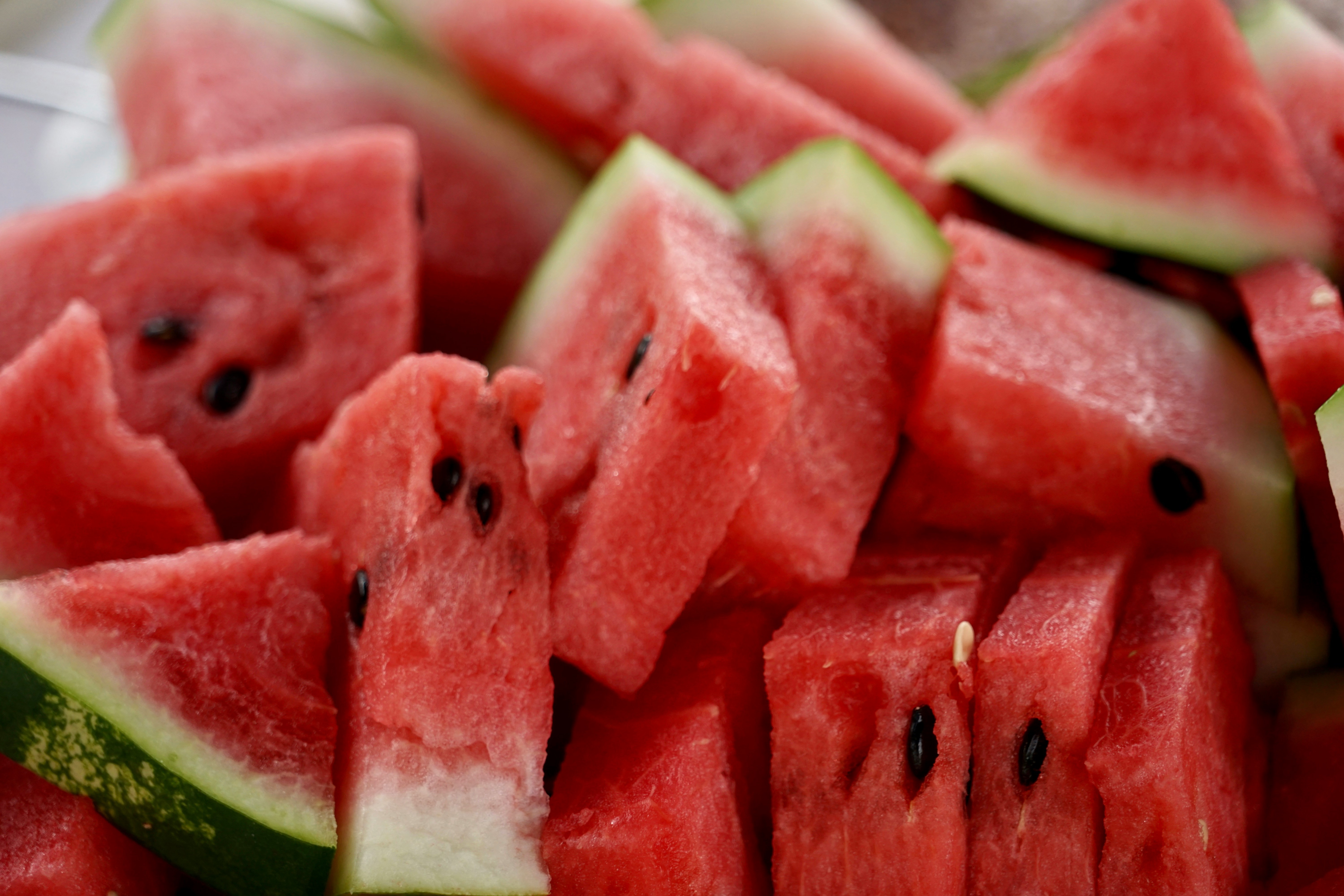The Healthiest Fasting Habits During Ramadan

The challenge is real: Ramadan fasting rules call for no eating or drinking between sunrise and sunset. That includes water.
Without careful planning or developing a sound meal plan, this can lead to significant strain on your health and wellbeing. However, if you approach it thoughtfully and abide by tips from health experts, you’re more likely to have success managing the rigors of this tradition.
RELATED: 15 Things You Should Know About Ramadan
First, an important note that needs to be emphasized. The fasting rules do not apply for those who are sick, have chronic illnesses, pregnant women, or those with health conditions like diabetes that would make this harmful or life-threatening to them.
For healthy individuals who are able to fast, Detroit-based cardiologist Dr. Babar Basir says, “Historically, it’s been proven over and over again that fasting is actually very safe.” One study from the Journal of the American Heart Association found that fasting lowers blood pressure, at least temporarily, and there can be other health benefits. Regardless, any individual who is fasting should consult with their physician.
With these considerations in mind, here are proven tips to develop healthy habits while you fast.
1
Your first meal (sehri) is critical.

Muslims typically wake up before the sun comes up to eat their first meal, known as Suhoor (“of the dawn”) or sehri. This is absolutely vital due to fasting for the rest of the day until the sun sets. “I’ve seen people skip this meal, and I don’t think that’s a good idea,” said Dr. Manal Elfakhani, a registered dietician and assistant professor at Penn State University. While it may be tempting to sleep in, fueling your body is arguably more important.
2
Start with a balanced meal.

Fuel up on a combination of foods to keep your blood sugar stable and give you energy for the day. A mixture of whole grains like cereals and oats, fresh fruits and vegetables, protein, and healthy fats like nuts are all great options. The British Nutrition Foundation advises starchy dishes like rice pudding, but avoiding salty dishes that may make you thirsty during the fast.
3
Don’t forget to hydrate.

It’s essential that you start the day with a good amount of water since fasting rules call for no drinking until after sunrise. Eating foods with high water content like watermelon, cucumber, celery, and tomatoes can also be helpful. Cornell Health at Cornell University compiled a list of tips that include drink “even if you aren’t feeling too thirsty” to ensure you have enough fluids.
4
Keep your body on the move during the day.

During the fasting period, you want to make sure to work in light exercise to keep your body active without overdoing it. Going for a few walks, for example, can do wonders to keep your mind active and your spirits up. Avoid rigorous activity without the ability to drink fluids. Nutritionist Dr. Sumaiya recommends light stretching or gentle yoga as options.
5
Ease into breaking your fast at sunset.

Once the sun sets, don’t overdo it. A common mistake is to load up on foods immediately, and this can especially be problematic when those are unhealthy or junk foods. Start with water and traditional dates with natural sugars for energy, take a short break, and then proceed with iftar (evening meal).
6
Have a balanced, healthy evening meal.

Combine protein, carbohydrates, and vegetables to form a balanced evening meal. Potassium-rich foods or fruits are a good add, and lean protein is best. Stay away from spicy or fatty foods which can be disruptive. Instead of opting for fried foods, Lakehead University recommends using an air fryer to prep a healthier meal. Remember to pace yourself, eat slowly and mindfully, and avoid overeating.
7
Prioritize a good night sleep.

Sleep is an extremely important part of recovery, especially during periods of fasting. The rest can go along way in restoring your body for another day and the next pre-sunrise meal. As Cornell Health says, “find what works for you,” as everyone’s needs will be a bit different.
8
Spend quiet time reflecting.

And finally, make sure you incorporate time for prayer and reflection. A daily reading of the Quran is one way you might do this. As you fast, you will have time to focus on what matters and bettering yourself. Ramadan represents a great opportunity for self-improvement.